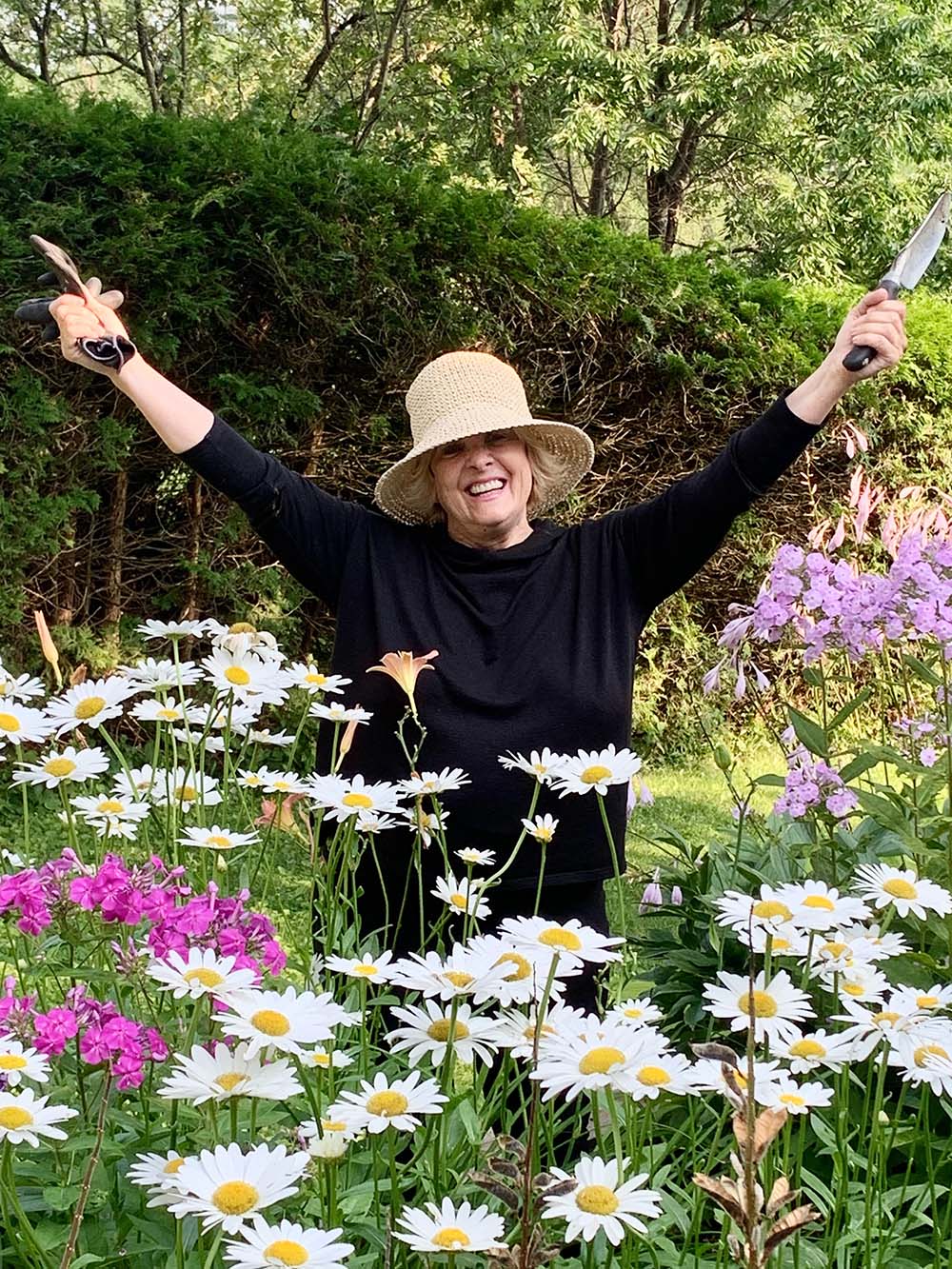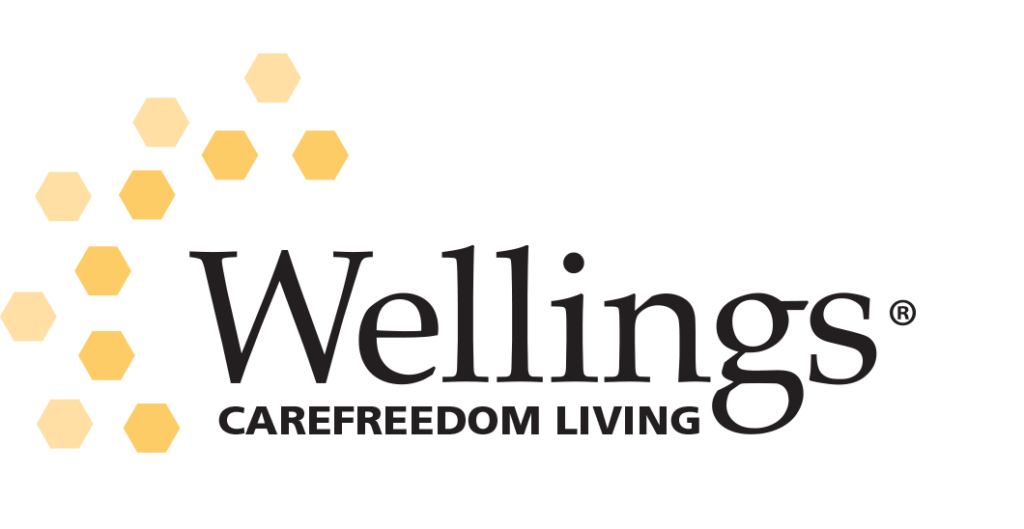Pet Besties How We Celebrate Them at Wellings
As we navigate the different stages of life, one thing remains constant:
The companionship of our beloved pets.
At Wellings, we understand that pets are more than just animals—they’re family. They offer unconditional love, a sense of purpose, and endless moments of joy. That’s why we not only welcome but celebrate the presence of pets in our community, recognizing the vital role they play in our well-being, especially as we age.
Companionship Beyond Words
A pet’s companionship can bring a sense of comfort and fulfillment that is unmatched. As we grow older, this bond becomes even more profound. Whether it’s a wagging tail greeting you at the door or a soft purr by your side, pets provide the emotional support we need to navigate life’s challenges. They are loyal listeners, and trusted confidants, and never fail to make us feel loved, even on the most difficult days.
At Wellings, we see the power of this companionship every day, and we cherish the bond between our members and their furry (or feathered!) best friends. Pets have an incredible ability to lift our spirits, offering a sense of belonging that enhances our overall happiness.
Pets and Health: A Perfect Match
The benefits of having a pet extend far beyond the emotional bond—they have tangible positive effects on our physical health as well. Pets keep us active and engaged, whether it’s through daily walks, playing fetch, or simply taking care of their needs. For many of us, our pets are our wellness partners, motivating us to stay healthy and active.
Studies show that pets can help reduce stress, lower blood pressure, and improve heart health. In fact, just the act of petting a dog or cat can release calming endorphins, helping us feel more relaxed and at peace. At Wellings, we encourage this connection between pet ownership and well-being, recognizing that our pets help keep us feeling young, energetic, and full of life.
Building Community Through Pets
Pets are natural community builders. They have a way of sparking conversations and creating connections between people who might not otherwise cross paths. At Wellings, pets often serve as the perfect icebreakers, helping members bond over shared experiences and stories about their animals.
Whether it’s meeting a fellow dog owner during a morning walk or gathering in our pet-friendly spaces for a chat, pets foster a sense of community that brings us closer together. They remind us that we’re not alone, offering moments of joy and laughter that create a strong sense of belonging.
The Importance of Routine and Purpose
As we age, having a sense of routine and purpose becomes essential to our well-being. Pets provide this in a beautiful way. Caring for a pet—whether it’s feeding, walking, or simply spending time with them—adds structure to our day and gives us a sense of responsibility.
This daily routine is not just beneficial for our pets; it’s also incredibly rewarding for us. The joy of watching your dog wag its tail as you grab the leash or hearing your cat’s contented purr reminds us that we’re making a positive impact in another being’s life. This mutual care helps create purpose and fulfillment, enriching our lives in ways that go beyond the ordinary.
Why We Celebrate Pets at Wellings
At Wellings, we see pets as more than companions—they’re a celebration of life itself. They bring joy, warmth, and connection to our community, reminding us of the simple pleasures that come from unconditional love and loyalty. Pets encourage us to live in the moment, to embrace the everyday adventures that make life at Wellings so special.
That’s why we open our doors and hearts to our members’ pets, knowing that they contribute to the vibrant, dynamic environment that makes Wellings unique. Together, we celebrate the bond between humans and animals, understanding that pets help us live not just longer, but better.












